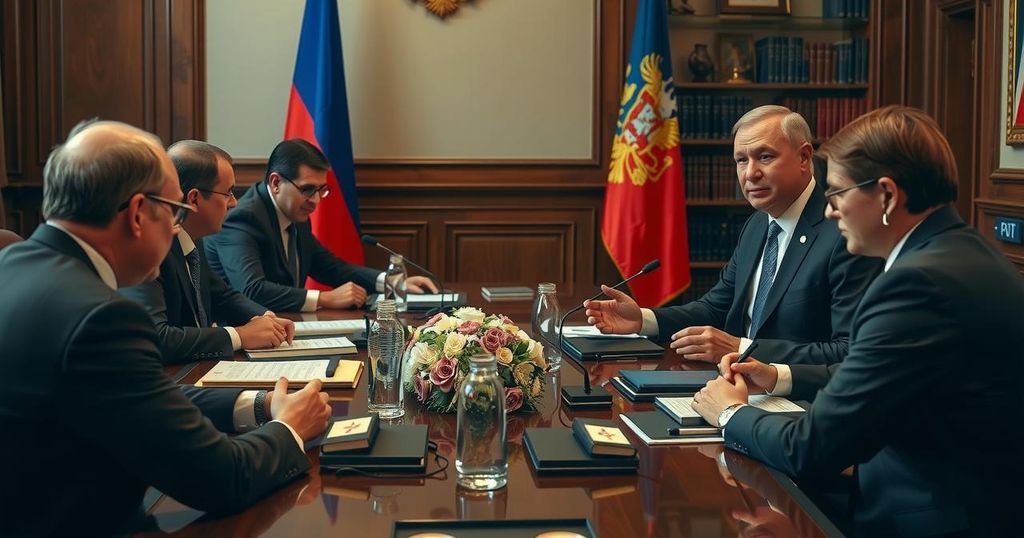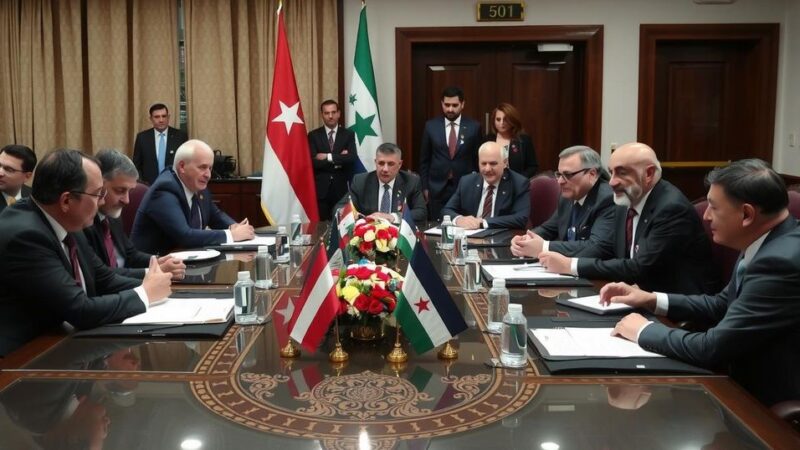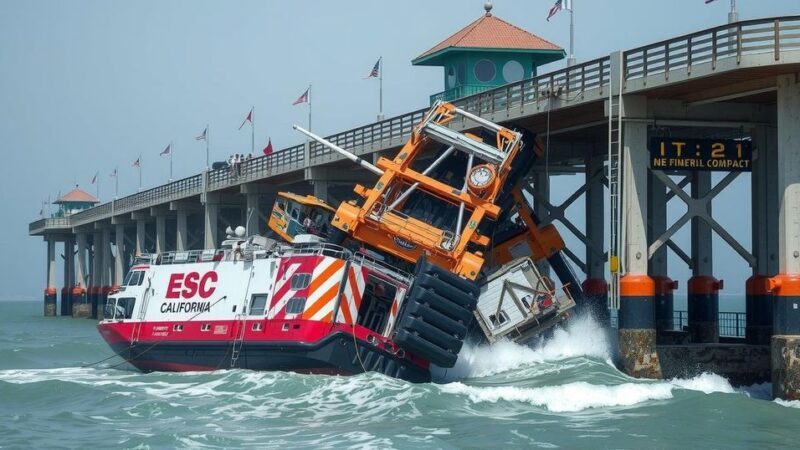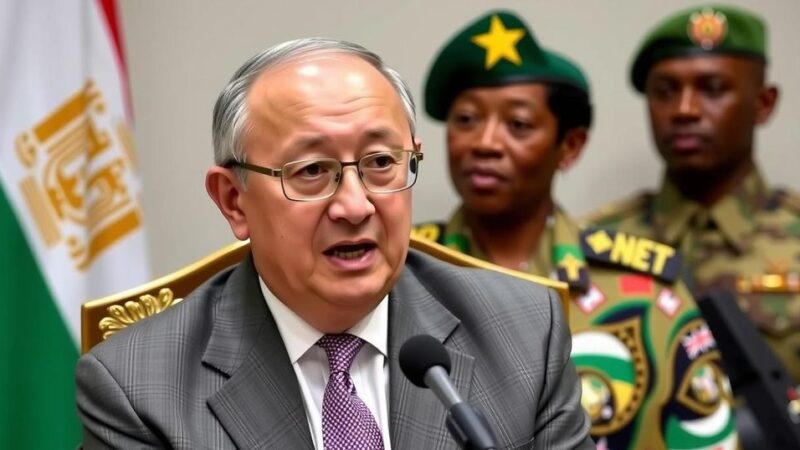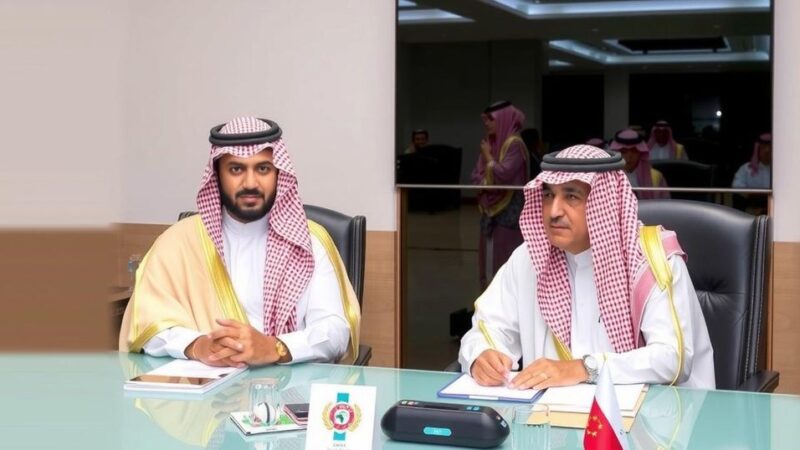Prime Minister Narendra Modi and Chinese President Xi Jinping held their first bilateral meeting since 2019 in Kazan, Russia, amid improving ties following a military standoff in Ladakh. The discussions centered on restoring the status quo along the Line of Actual Control and addressing trade and economic relations, which have suffered since the 2020 engagement. This dialogue signals a potential thaw in relations following years of tension and military buildup.
In Kazan, Russia, Prime Minister Narendra Modi engaged in a significant bilateral dialogue with Chinese President Xi Jinping, marking their first such meeting since 2019. The relationship between India and China has notably deteriorated since the military standoff in Ladakh, primarily due to China’s unilateral actions that violated the Line of Actual Control (LAC), which serves as the de facto boundary between the two nations. This meeting took place on the margins of the BRICS Summit and followed closely on the heels of positive developments in diplomatic and military discussions aimed at restoring the status quo preceding the tensions that erupted in May 2020. The discussions included important agreements on patrolling arrangements along the LAC, signaling a potential thaw in relations after years of military buildup on both sides. Historically, there have been limited interactions between the leaders post-Galwan clash, including brief engagements at the G20 Summit in Indonesia in November 2022 and the BRICS summit in South Africa in August 2023; however, these encounters did not encompass extensive dialogues on trade or broader diplomatic matters. Moreover, the absence of direct flight services and restrictions on visas for Chinese technicians have made interactions increasingly difficult. The future implications of this meeting hold the potential to restore normalcy in trade, economic relations, and people-to-people connections between India and China.
The India-China relationship has experienced significant tensions since the military confrontation that occurred at Galwan Valley in June 2020, resulting in a lengthy standoff near the LAC. China’s actions along the border had escalated fears of conflict, leading to troop deployments from both countries. Diplomatic efforts have since been undertaken to address the situation. This meeting in Kazan signifies a renewed attempt to improve relations following a series of stalled diplomatic dialogues and to seek common ground on crucial issues limiting bilateral engagement.
The meeting between Prime Minister Narendra Modi and President Xi Jinping appears to herald a pivotal moment in India-China relations, offering a path toward de-escalation after years of strained ties due to border disputes. The outcomes of this dialogue, especially concerning trade, economic cooperation, and people-to-people exchanges, will be critical in determining the future trajectory of this bilateral relationship, which holds significant implications for regional and global stability.
Original Source: www.ndtv.com

